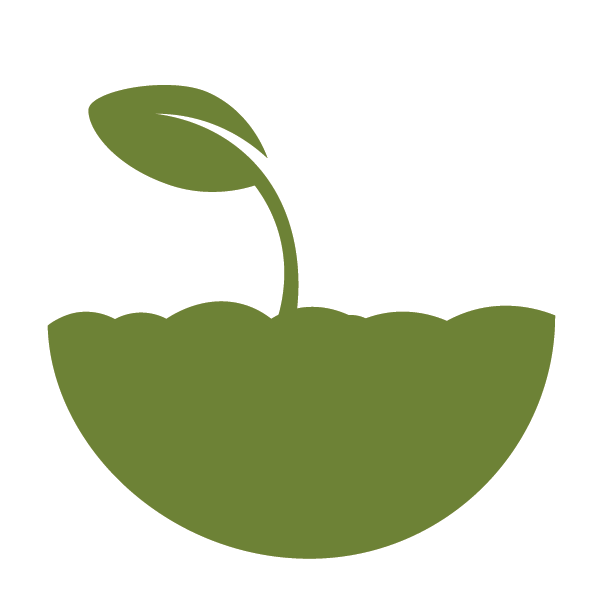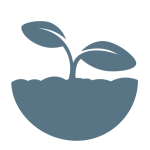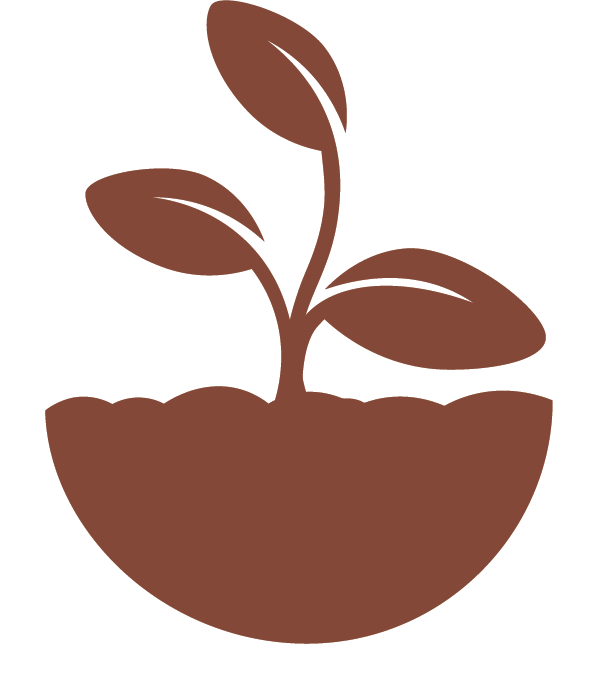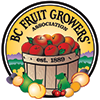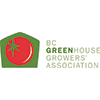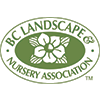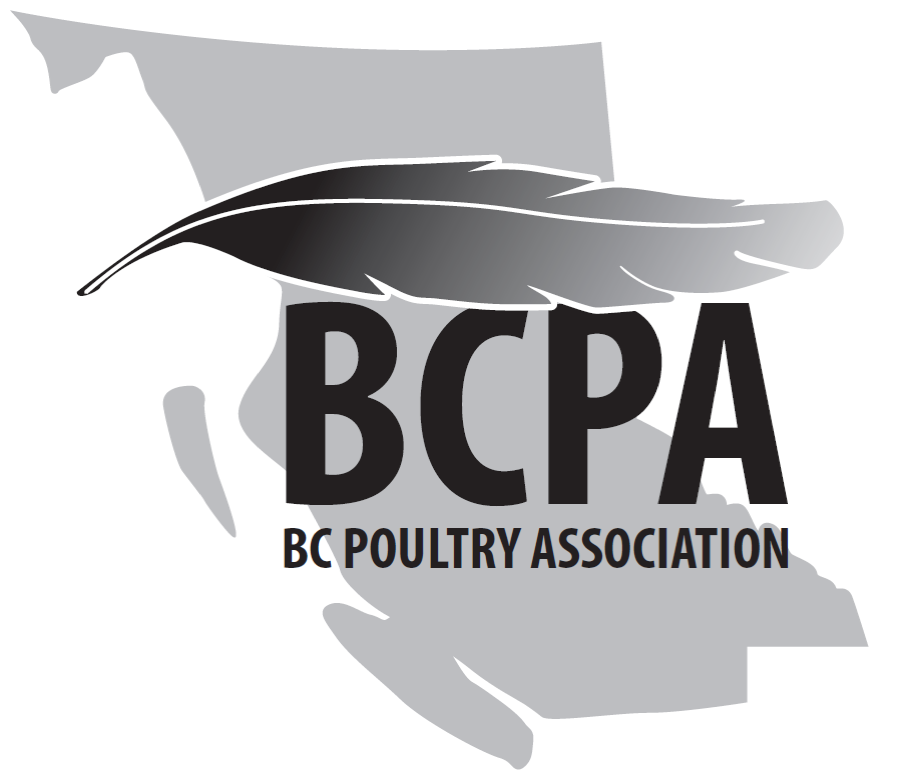IAF delivers programs and services to support a thriving agriculture and food sector in British Columbia.
Jump to: Framework | Initiatives | Sectors | Board | Members
Strategic Framework: Growing Together
Strategic Priority 1
Build new systems to continue to meet our own level of service excellence.
Strategic Priority 3
Pursue new opportunities and relationships to strengthen agriculture and food.
Strategic Priority 4
Grow and develop the Trust to create meaningful programs.
Strategic Priority 5
Enhance governance to keep pace with our transformation.
Strategic Initiatives
IAF’s Board of Directors have led a number of strategic initiatives in recent years. From addressing the future of the agriculture sector in BC, to assisting the sector during the pandemic, the Board acts quickly and responds to issues facing the industry wherever possible.
Here are a few of the strategic initiatives:
AgriChain
Realizing the potential benefits for the agriculture sector, IAF has begun development of AgriChain, an agriculture specific blockchain, designed to help the sector take advantage of this innovative technology.
With the ever-growing use of digital solutions in our everyday lives, both personal and business, innovative security options are a necessity to keep data and information safe, private, and trustworthy. Blockchain technology provides a transparent and safe means to store, validate and protect information. Blockchain technology is well established with cryptocurrency transactions and offers significant value in other areas such as credential verification, certification status and public trust models.
In the coming year IAF will be exploring the potential uses for this technology with both the Province of BC and select industry groups.



Growing Agriculture Trust
The IAF Board of Directors and staff are pleased that after collaboration and consultation with members and other stakeholders IAF’s Growing Agriculture Trust (Trust) was officially created in 2021. With a starting balance of $19.3 Million, the focus now is to create a sustainable Trust to enable IAF to develop programs and initiatives to assist and grow agriculture and agri-food in BC. The Trust has been created primarily with the old IAF Sustaining Fund which was interest earned over 25 years from IAF’s founding grants.
The IAF Board of Directors and staff are committed to working with our members and stakeholders from industry as the Growing Agriculture Trust increases and to developing programs using proceeds of the Trust. IAF is dedicated to ensuring programs developed out of the Growing Agriculture Trust reflect the needs of agriculture and agri-food in BC, have sustainable funding, and can adapt to future priorities and will address eligibility concerns raised by IAF Members and stakeholders.
Our Sectors
IAF Members and Board of Directors represent the following sector groups of BC agriculture and agri-food, both conventional and organic.
Agri-Business, Retail & Agri-Tech
Includes:
Farm equipment, input suppliers, farm credit / banking, accelerators, and academics.
Food & Beverage Processing
Includes:
Food and beverage processor associations.
General Farm Interest
Includes:
Indigenous agriculture, Institute of Agrologists, Farmers Institutes, food security groups, small lot agriculture, farmers market associations, and apiculture.
Grains & Oilseeds
Includes:
Grains, Seeds, Oilseeds, and Specialty Crops.
Horticulture
Includes:
Field vegetables, mushrooms, berries, and greenhouse.
Livestock
Includes:
Beef, horse, sheep, and pork.
Tree Fruits & Grapes
Includes:
Apples, cherries, pears, and grapes.
Supply Managed Commodities
Includes:
Chicken, eggs, dairy, broiler hatching eggs, and turkeys.
Other Primary Industries & Commodities
Includes:
Flowers, landscape and nursery.
Board of Directors
The IAF Board of Directors is a 9-member Board comprised of:
- a maximum of six primary agriculture seats
- a maximum of two value-added food and beverage processing seats
- a minimum of one agriculture related seat (examples include: academic, ag tech, entrepreneurs, or financial institutions)
Members
Comprised of fifteen industry associations, our members are responsible for IAF’s highest level of operations, including the nomination/election of our board of directors, the appointment of auditors and the approval of IAF members.
The ability of IAF to effectively support a thriving BC agriculture and agri-food sector depends on the experience, knowledge and abilities of representatives of Member groups. A diverse group of agriculture and agri-food members increases IAF’s ability to support agriculture and agri-food throughout BC and deliver a wide range of programs to the sector.
Our Members
Membership Eligibility Criteria
To be considered for IAF Membership, applicants must:
- Be an organization or federation; individuals are not eligible
- Be located in BC
- Have an organizational mandate that aligns with IAF’s mandate
- Be aligned with one of IAF’s nine sector groups
- Have a membership that represents BC agriculture and agri-food (i.e. 50% or more of the organizations members are actual producers or processors)
Applicants will be further evaluated on the following:
- The value the applicant organization brings IAF
- Any issues or concerns regarding conflict between IAF, it’s mandate, ongoing business and the applicant
- Strategic alliance to IAF

